If there’s something I can agree with the NSW Labor Government on, it’s that privatisation doesn’t make much sense when it comes to the energy sector.
On May 23, the NSW Government announced it had secured a deal with Origin Energy for a two-year extension of Eraring Power Station’s lifespan, with the coal-fired power station’s retirement now set for August 2027 instead of 2025.
The agreement comes in conjunction with the latest AEMO analysis claiming that NSW would face catastrophic energy supply shortfalls in the absence of Eraring from 2025 onwards.
Credit where credit is due to the Minns Government for making this deal happen, but the truth is the station should never have been privatised and sold to Origin by their Coalition predecessors in the first place.
In December 2023, Origin was almost taken over by a consortium led by Canadian-based Brookfield Asset Management - a private equity firm known for activist investments in the energy sector.
Origin’s shareholders ultimately rejected the bid, with 68.92% in favour of the takeover, just short of the 75% needed to approve the transaction.
Brookfield never outlined exactly what it intended to do with Eraring. There were talks over the consideration of a possible one-year extension but the firm’s overt overarching goal in acquiring Origin was to reduce the company’s emissions by 80% over the seven years to 2030.
Brookfield even says on its website that one of its primary aims over the course of this decade is to assist in expediting the global transition to net zero by focusing on acquiring companies to decarbonise them.
Thus, it’s probably fair for us to speculate a little bit over the immediate future of Origin’s fossil-fuel assets.
So just to clarify, one of the only four remaining coal-fired power stations in NSW was a handful of boardroom votes away from being transferred to the ownership of a foreign activist investor that isn’t directly accountable to the Australian people.
You might be wondering how a financial sponsor like Brookfield would actually realise any profits through an activist investment like this given that it would entail shutting down assets (like Eraring) that account for a sizeable chunk of their target company’s balance sheet.
Well, because the energy sector comprises so few assets, the absence of one has the exact opposite of a marginal effect on prices and therefore profits.
Just look at what AGL did with Liddell Power Station.
Back in 2014, the NSW Liberal Government sold Macquarie Generation - what was a state-owned electricity company — to AGL Energy for $1.5 billion. Liddell, owned by Macquarie, was included in the deal but its valuation alone wasn’t separately disclosed.
Funnily enough, this was the same government that privatised and sold Eraring just a year earlier. Anyhow, I digress.
Fast forward to 2018 and Alinta Energy was prepared to approach AGL with an offer to purchase Liddell and extend the station’s life beyond its planned closure date in 2022 when it was eventually decommissioned. Alinta’s proposal was rejected.
JP Morgan - who advised AGL on the potential deal — said selling Liddell to Alinta wouldn’t make sense because the latter planned to keep it open which would place downward pressure on wholesale power prices.
Essentially, it would be more profitable for AGL to maintain ownership of Liddell, retire it, watch energy prices appreciate and then rake in additional income through its other existing assets.
“Extending (Liddell) would likely have a negative impact on wholesale prices, and therefore the value of the rest of AGL’s generation assets; it would support the growth of a competitor in electricity retailing; and a separation from Bayswater would be complicated with the two assets intrinsically linked”, JP Morgan said.
Are you noticing a trend? Well, let’s take a look at one more example.
Aussie tech billionaire Mike Cannon-Brookes now owns a 10.41% stake in AGL through his investment vehicle Grok Ventures. Is this because he thinks AGL is a great investment opportunity?
No, Cannon-Brookes actually thinks “AGL is one of the most toxic companies on the planet” and is working to drive its emissions down as quickly as possible.
If you’re bemused as to how this investment is possible, under Australian law, investors are entitled to purchase holdings of up to 20% of an ASX-listed company before they have to make an offer to outright acquire 100% of the company.
In other words, activist investors like Cannon-Brookes are legally entitled to purchase shareholdings of up to 20% through equity capital markets in companies that own key pieces of critical public infrastructure like power stations, even against the will of the company’s existing shareholders.
Major decisions surrounding the future of finite components of infrastructure critical for the maintenance of societal welfare shouldn’t be decided by the empty suits that work at these predator entities nor people who make these investments as a means of public virtue signalling.
This is fundamentally anti-democratic and illiberal.
These transactions and corporate decisions in the energy sector constitute a gross free market failure in the sense that they are nigh on impossible to internalise. Everyone needs cheap energy from farmers to households to manufacturers.
The sources of energy we employ should be decided by everyday Australians at the ballot box given we are the ones who eventually pick up the tab.










